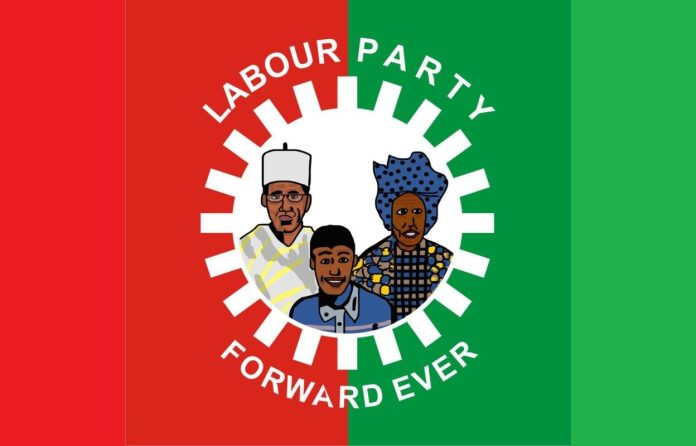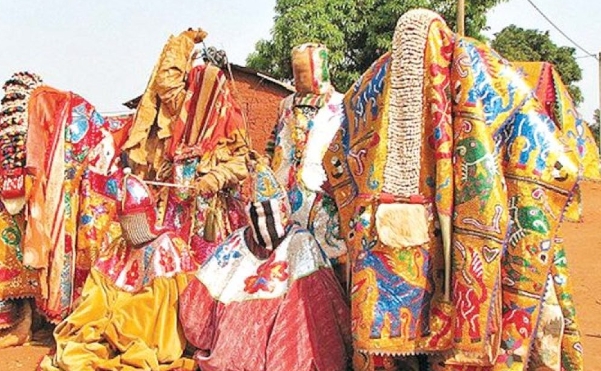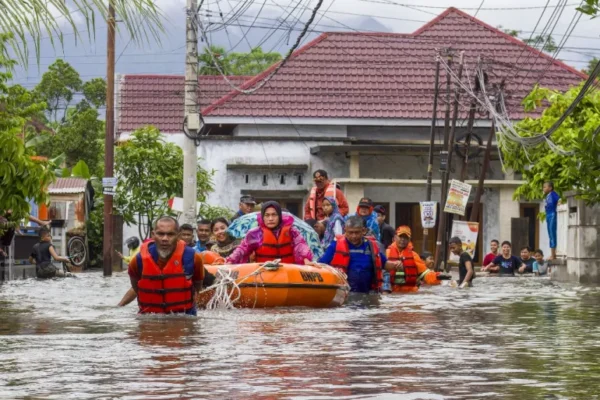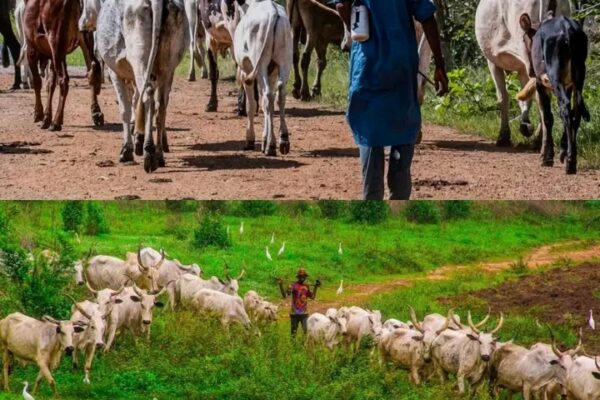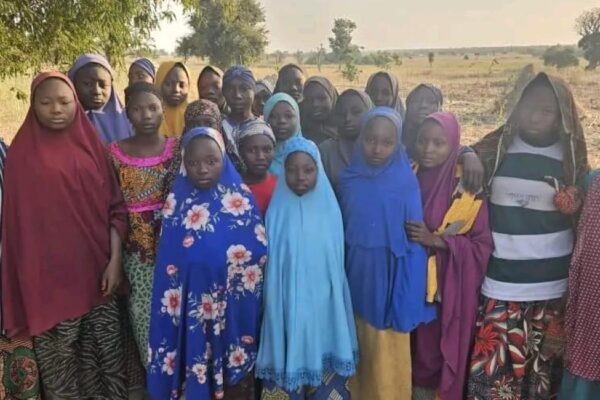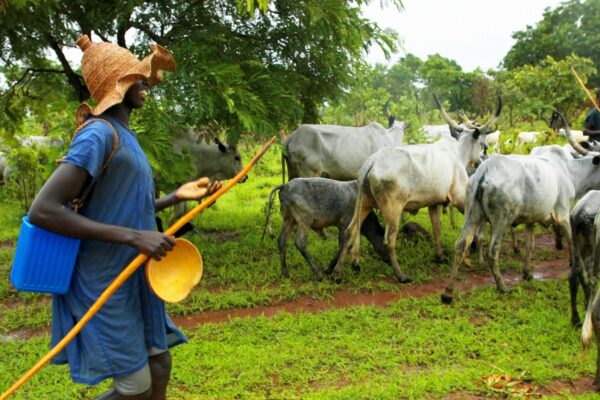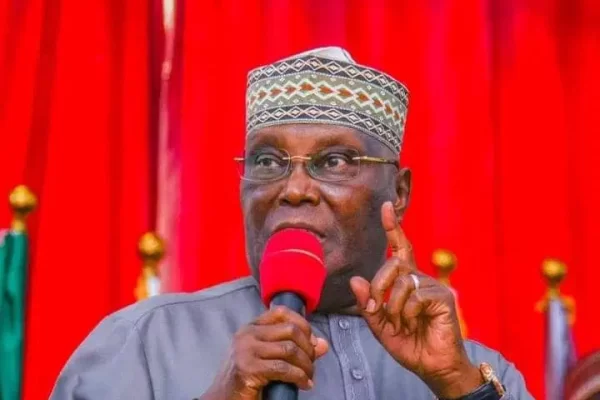
Atiku Abubakar Questions FG: “Why Negotiate With Terrorists Instead of Arresting Them?” Over Kebbi Schoolgirls’ Release
Former Vice President Atiku Abubakar has criticised the Federal Government over the recent release of abducted schoolgirls in Kebbi State, arguing that their freedom should not be celebrated as an achievement but rather seen as a reflection of Nigeria’s deteriorating security situation. In a statement issued by his media office on Wednesday, Atiku described the girls’ return as “not a trophy moment” but “a damning reminder that terrorists now operate freely, negotiate openly, and dictate terms while this administration issues press statements to save face.” The statement came in response to remarks by Presidential Special Adviser on Information and Strategy, Bayo Onanuga, who, in an interview on Arise News TV on Monday, credited the Department of State Services (DSS) and the military for tracking the kidnappers in real time and establishing contact to secure the girls’ release without paying ransom. Atiku dismissed this account as “a shameful attempt to whitewash a national tragedy and dress up government incompetence as heroism.” He questioned, “If, as Onanuga claims, the DSS and the military could ‘track’ the kidnappers in real time and ‘made contact’ with them, then the question is simple: Why were these criminals not arrested, neutralised, or dismantled on the spot? Why is the government boasting about talking to terrorists instead of eliminating them? Why is kidnapping now reduced to a routine phone call between criminals and state officials?” He added that the administration’s explanation implies that “terrorists and bandits have become an alternative government, negotiating, collecting ransom, and walking away untouched, while the presidency celebrates their compliance.” Atiku further stressed, “No serious nation applauds itself for negotiating with terrorists it claims to have under surveillance. No responsible government congratulates itself for allowing abductors to walk back into the forests to kidnap again.” The abduction occurred on November 17, when armed assailants stormed Government Girls’ Secondary School in Maga, Kebbi State, killing a staff member and abducting 25 students from their dormitory.

